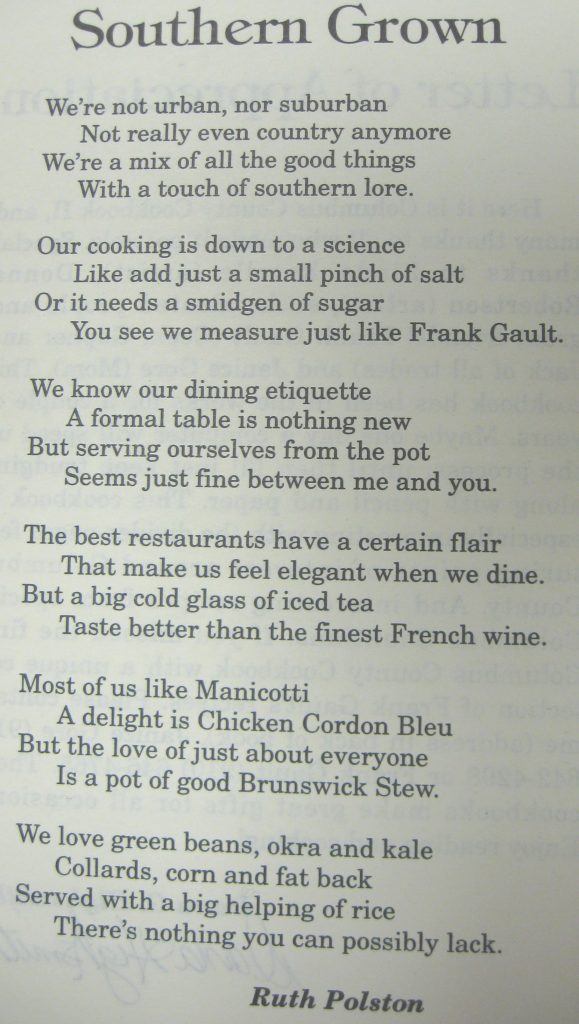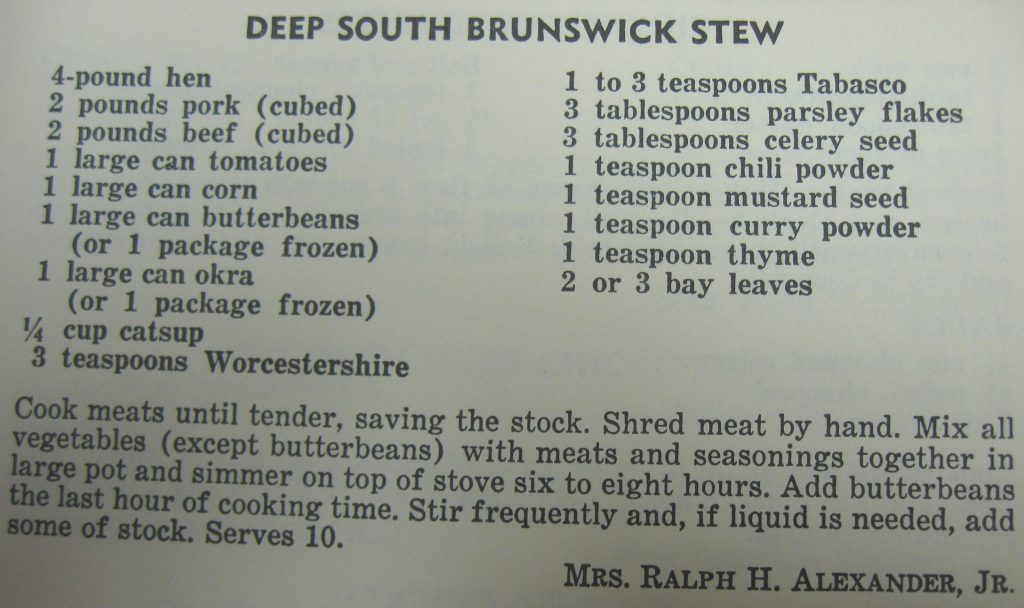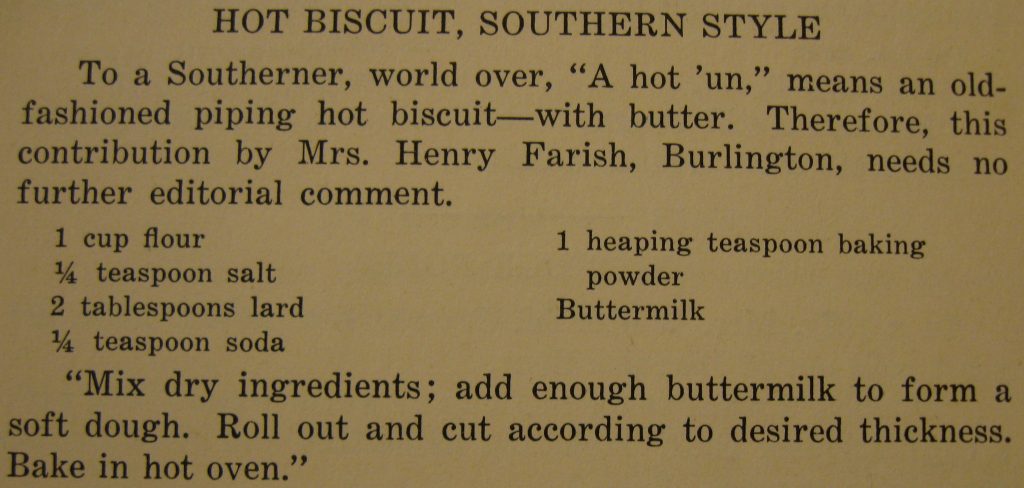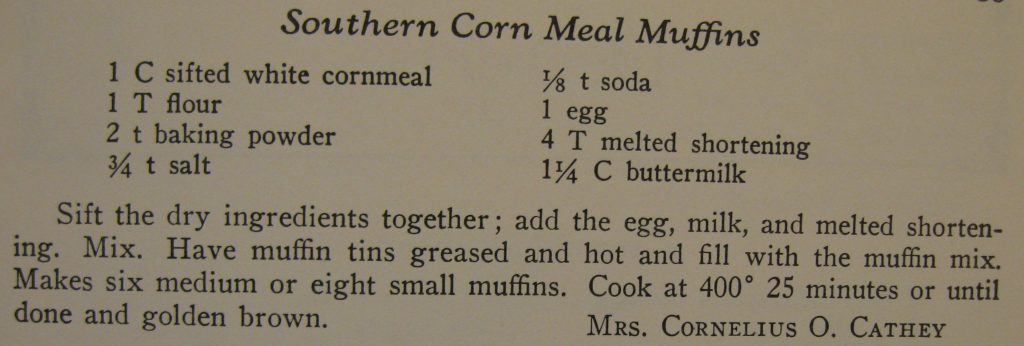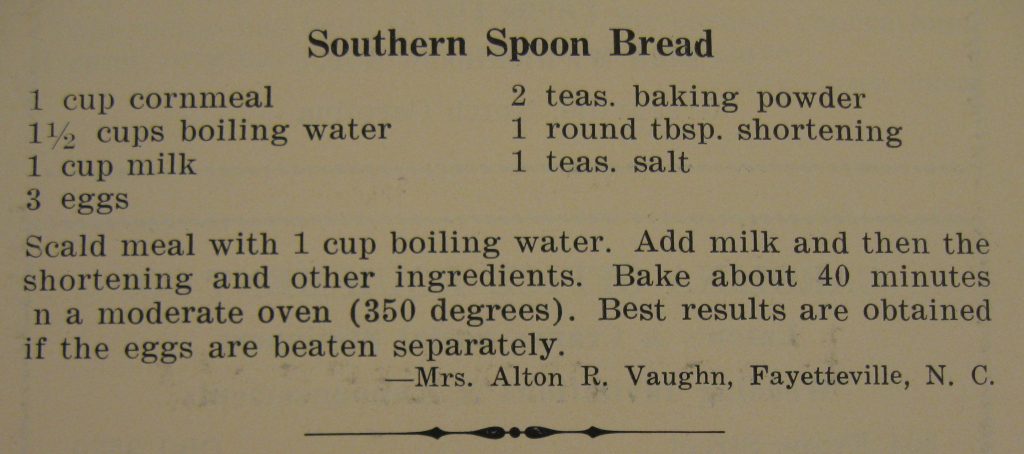“CAIRO — What’s this? Egypt’s new Islamist leaders want to raze the Great Pyramids, scratch away the images on the death masks of the pharaohs, maybe even wipe the grin off what is left of the face of the Sphinx?
“Someone who reads a lot of right-wing blogs in the United States these days might be forgiven for thinking so, though there is no sign here that any such Islamist clamor to destroy the monuments of ancient Egypt has actually arisen.”
— From “Contrary to Gossip, Pyramids Have No Date With the Wrecking Ball” in the New York Times (July 23)
In 1982, the Times dispatch reminded me, I had a pyramid rumor of my own to chase: In “The Story of Durham” (1927) W.K. Boyd wrote, without details, that “The Bull was once to be seen on the pyramids of Egypt.”
Could that possibly have been true, I wondered, even given the omnipresence of Julian Shakespeare Carr’s unprecedented advertising campaign for Bull Durham? Did Jules Koerner (painting Bulls under the name of Reuben Rink) actually mount a scaffold and apply one to the Pyramid of Khufu?
A 1946 tribute to Carr cited Mark Twain as claiming “that the most conspicuous thing about the Egyptian Pyramids was the Durham Bull.” And in 1978 Thad Stem Jr., writing in the State magazine, mentioned the Bull’s having been painted on — and removed from! — a pyramid.
Alas, on further review — with Nannie May Tilley, author of “The Bright-Tobacco Industry, 1860-1929,” and with experts at Archives & History and the New York Public Library’s tobacco collection — I had to conclude the Bull never found its way to Giza…. But who knows what was on Carr’s to-do list in 1898 when he sold out to American Tobacco?
–

